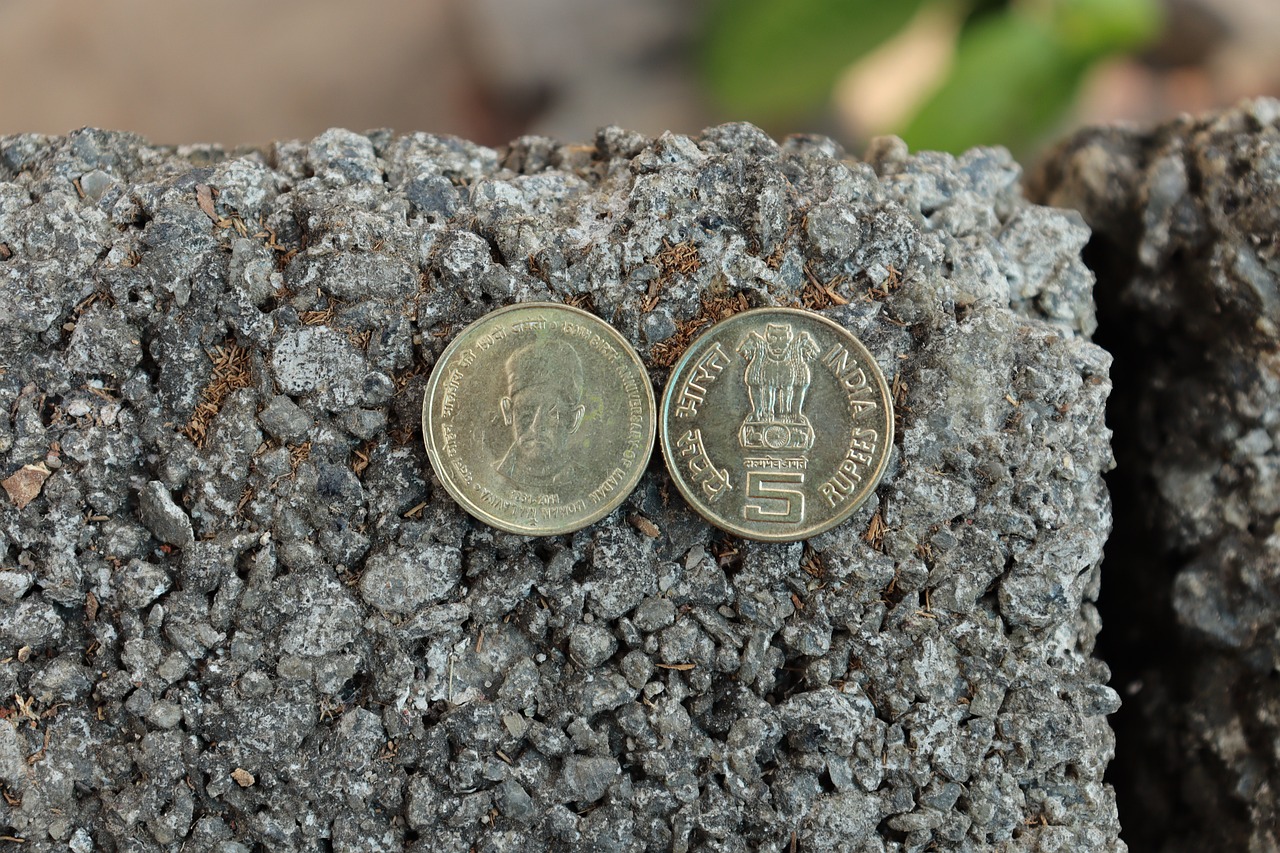The Influence of Campaign Finance on Election Outcomes
Campaign finance in modern political landscapes is heavily influenced by various factors that shape the funding and spending activities of candidates and political parties. One key factor is the regulatory framework set forth by government entities, which establishes the rules and limits around fundraising, donations, and expenditures. These regulations aim to maintain transparency and fairness while preventing corruption and undue influence in electoral processes.
Another important factor affecting campaign finance is the role of interest groups and special interests that contribute financially to support candidates and causes aligning with their agendas. These groups can have significant financial resources at their disposal, allowing them to sway elections by funding advertising campaigns, mobilizing supporters, or directly financing candidates. The influence of interest groups in campaign finance highlights the complex interplay between money, power, and political decision-making in shaping electoral outcomes.
Role of Super PACs in Elections
Super PACs, short for “Political Action Committees,” have become instrumental players in election campaigns in recent years. These independent expenditure committees can raise and spend unlimited amounts of money to support or oppose political candidates. This ability to amass significant financial resources gives Super PACs considerable influence over the political landscape and candidate viability.
By running ads, conducting research, and mobilizing voters, Super PACs can shape public opinion and sway election outcomes. Their ability to pour large sums of money into advertising campaigns allows them to amplify the messages of candidates they support or launch negative campaigns against opponents. This power to influence voter perceptions highlights the significant role that Super PACs play in the modern electoral process.
Impact of Dark Money on Election Results
Dark money refers to funds contributed to nonprofit organizations that in turn spend it to influence elections, without disclosing the identity of the donors. This lack of transparency allows dark money to flow into political campaigns without the public knowing who is behind the donations. As a result, dark money can have a significant impact on election results by enabling special interest groups and wealthy individuals to exert influence over the political process without being held accountable.
The presence of dark money in elections can undermine the democratic ideal of transparency and fairness. When large sums of money from undisclosed sources are injected into political campaigns, it can distort the electoral process by tilting the playing field in favor of those with the most financial resources. This can lead to a situation where the voices of ordinary citizens are drowned out by the influence of dark money, ultimately shaping election results in ways that may not align with the best interests of the public.





